In response to these challenges, seven GHR partners came together to provide a platform for sharing and exchanging knowledge and experiences regarding family-based care and permanency planning programs, in Cambodia and across the region. The conference highlighted best practices in child protection relevant to the Cambodian context, including strategies for preventing and responding to children in conflict with the law.
The conference facilitated collaboration and networking among stakeholders involved in child protection and alternative care. It explored practical strategies and advocated for budgetary support at both national and sub-national levels. It also showcased diverse approaches adopted by various organizations to safeguard and support children in Cambodia, providing an opportunity for relevant ministries, particularly the Ministry of Social Affairs, Veterans, and Youth Rehabilitation (MoSVY), to share their progress and challenges in implementing alternative care policies.


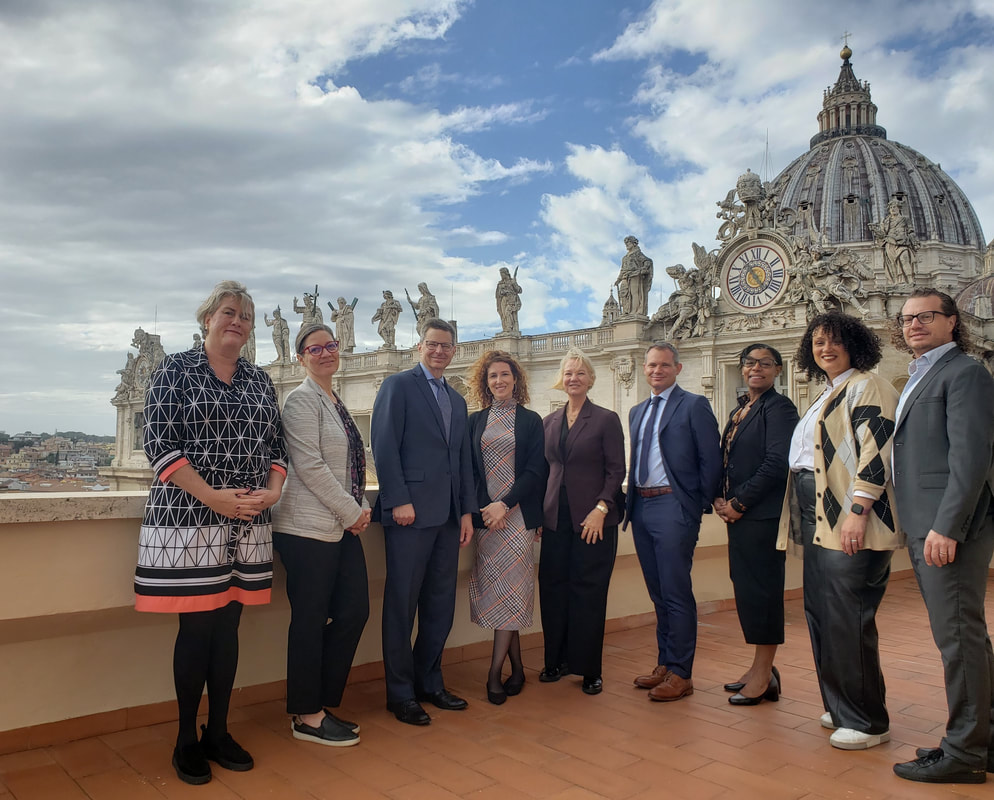
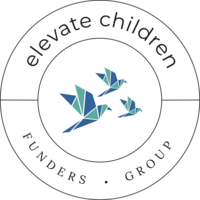
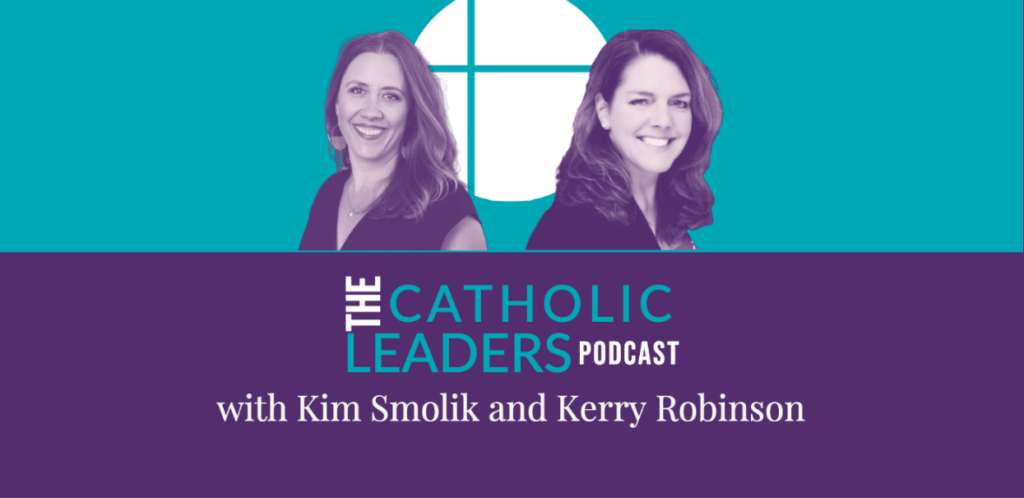
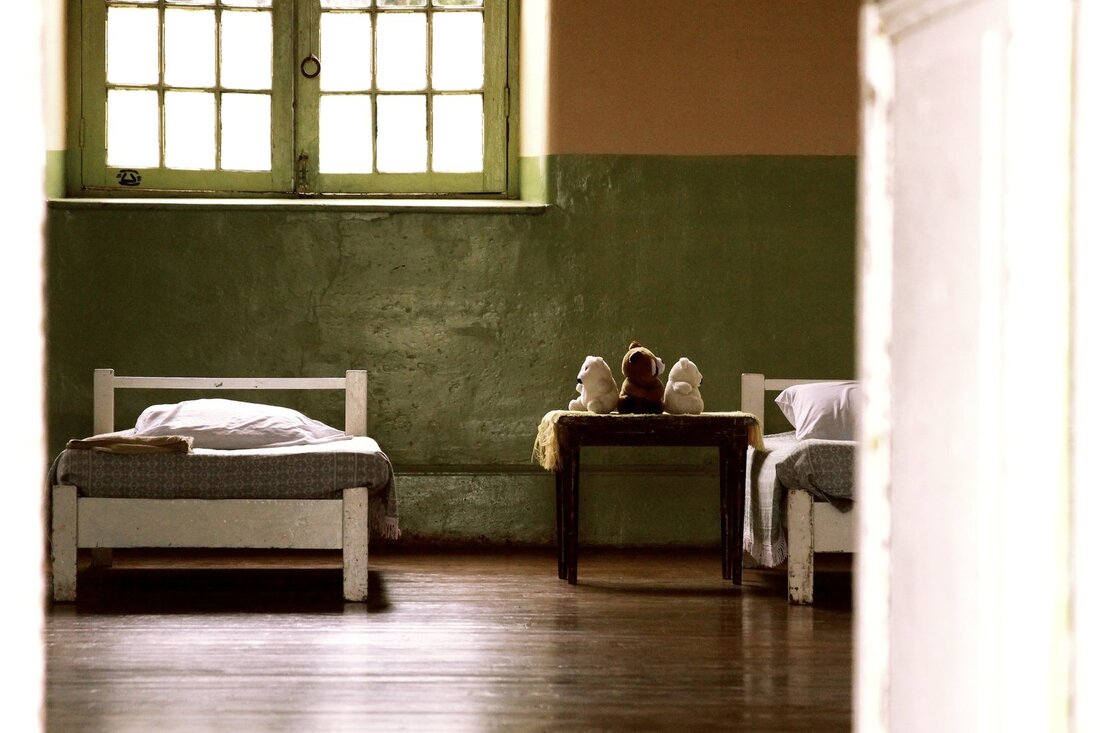
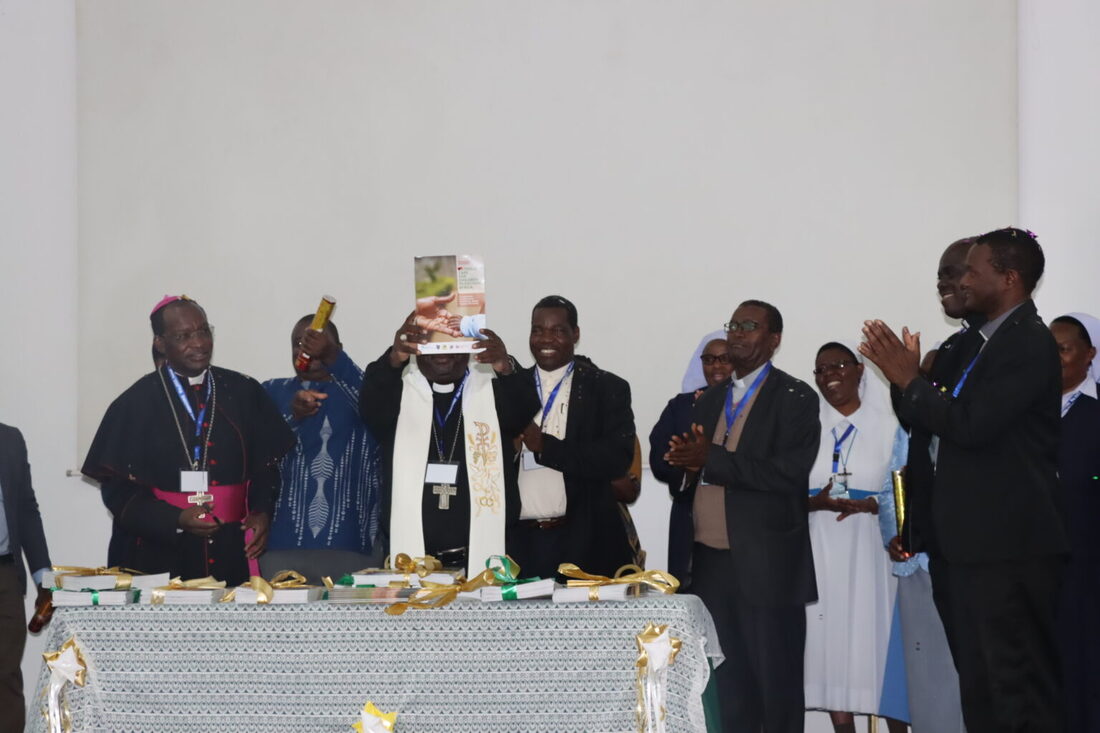

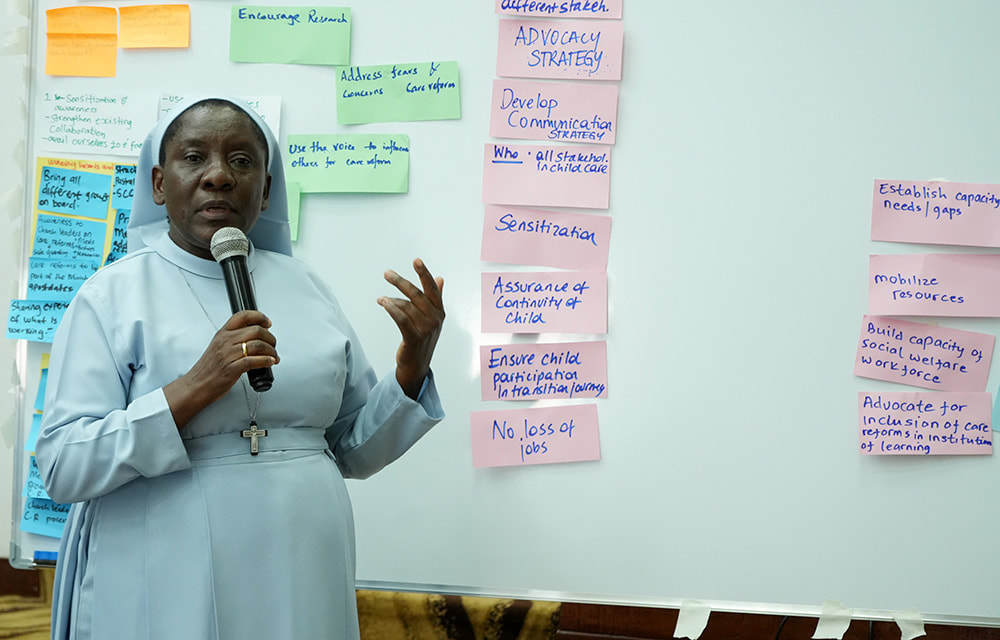
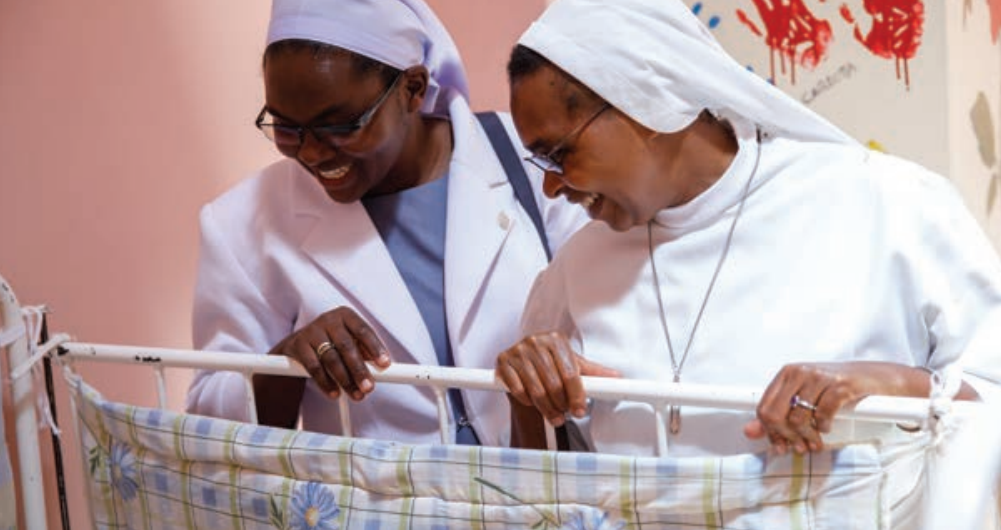
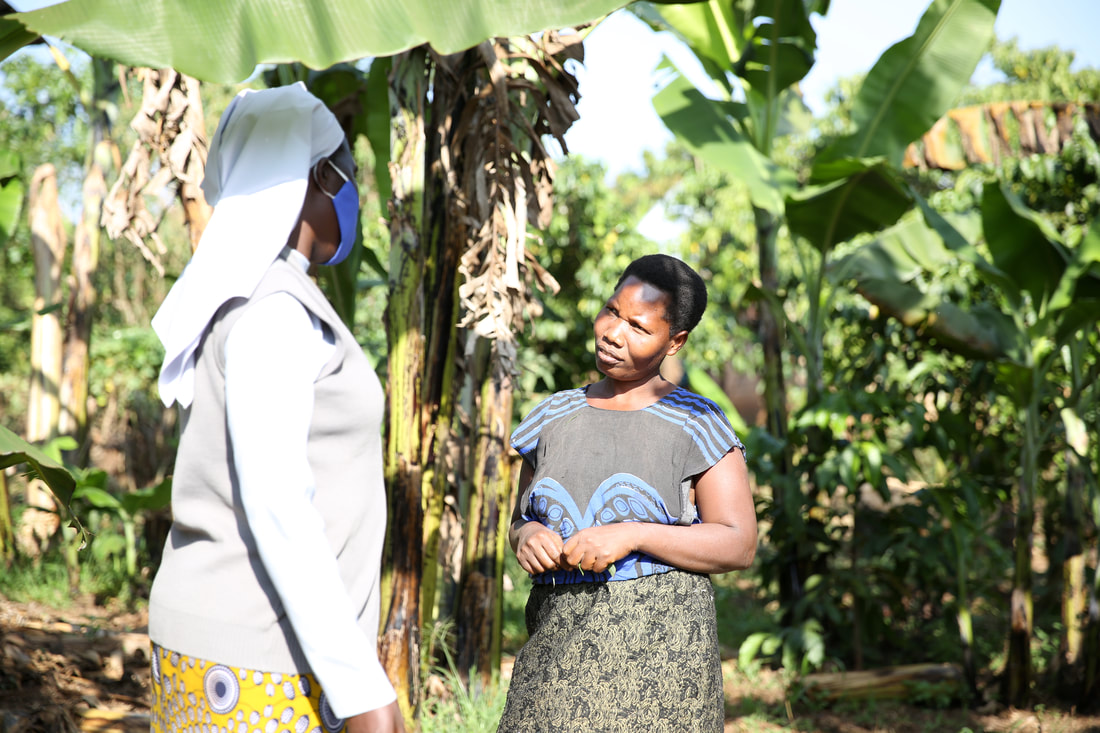
 RSS Feed
RSS Feed
